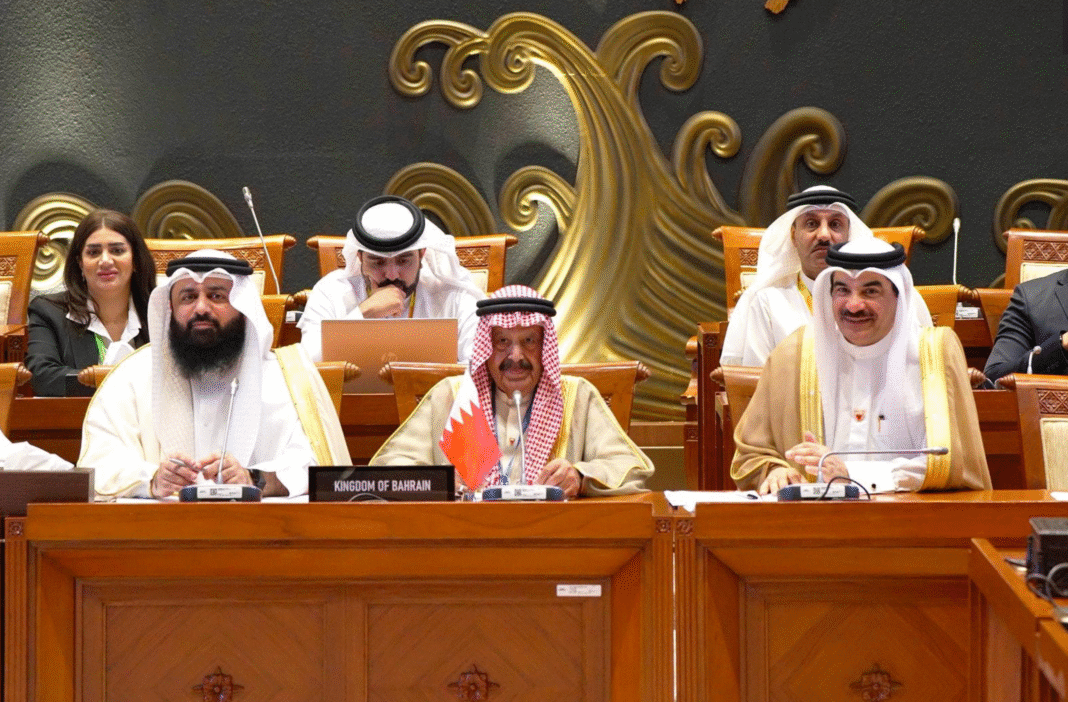Bahrain reaffirmed its parliamentary role by participating in the GCC legislative councils’ coordination meeting. MP Ahmed Sabah Al Salloom, Chairman of the Financial and Economic Affairs Committee, led the delegation virtually. Moreover, the event preceded Bahrain’s hosting of the APA Permanent Committee on Economic Affairs and Sustainable Development next week.
The delegation commended Gulf legislative councils for advancing parliamentary cooperation. Furthermore, it emphasized the importance of unity across Gulf, Arab, and Asian levels. Additionally, the members highlighted the significance of shared visions among GCC parliaments. Therefore, Bahrain showed strong commitment to reinforcing collective parliamentary action.
Leaders also recognized the dedication of Gulf parliament representatives to inclusive collaboration. Moreover, the delegation praised their efforts to sustain joint work and regular coordination sessions. Consequently, these gatherings support constructive engagement with Asian parliaments and broaden opportunities for dialogue.
Coordination further enabled the exchange of views on pressing regional issues. Additionally, this approach ensured stronger parliamentary consensus across diverse forums. Therefore, the delegation valued the mechanisms that enhance GCC legislative influence globally.
During the meeting, perspectives aligned on the APA agenda. Moreover, the discussions included Asian energy markets, climate finance, and sustainable development goals. Additionally, other subjects included environmental challenges, poverty reduction, and water management. Consequently, Bahrain demonstrated concern for both Gulf and Asian priorities.
In addition, Gulf coordination advanced parliamentary diplomacy. Moreover, it fostered deeper partnerships within the APA framework. Furthermore, this cooperation served the common interests of Gulf citizens and Asian communities. Therefore, Bahrain underlined its strategic vision of promoting prosperity through dialogue.
The APA committee on Economic Affairs and Sustainable Development offered vital opportunities. Moreover, it opened channels for strengthening global cooperation on economic growth. Additionally, it encouraged regional parliaments to adopt unified strategies for future challenges. Consequently, Bahrain supported joint solutions to pressing regional and international concerns.
Parliamentary dialogue also extended beyond immediate regional issues. Furthermore, it built networks across Asia and beyond. Therefore, Bahrain presented itself as a proactive partner committed to collaboration.





